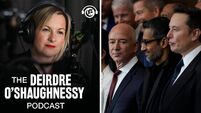'When your boss tells you support for a rogue state is a condition of employment, you either comply or you question. I questioned'
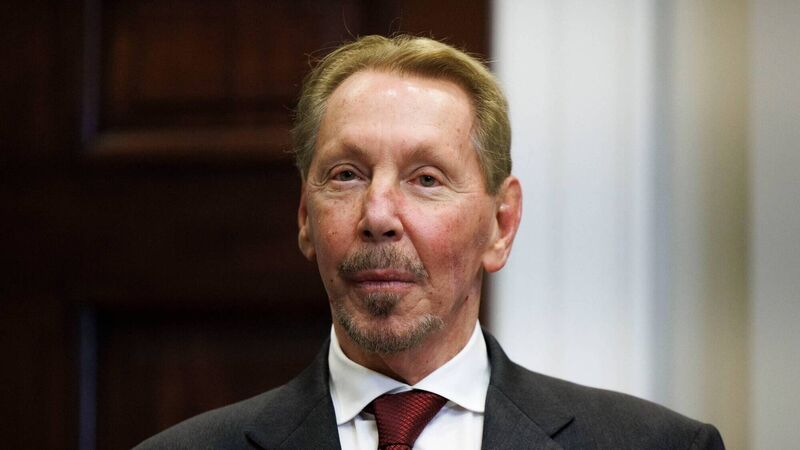
In 2017, Oracle chairman Larry Ellison donated $16.6m to the Friends of the Israel Defense Forces. Picture: Aaron Schwartz/Sipa/Bloomberg
When Joanne Carney handed in her resignation at Oracle this summer, there were likely raised eyebrows amongst her colleagues, but few from those who know her best.
She had spent 19 years developing a career that culminated at the software giant, rising steadily to a director role with a six-figure salary, a position most would envy.
Yet Carney left it all behind — salary, status, security because she could no longer abide what she calls the company’s "complicity in genocide".
It was not a decision made lightly. For nearly two decades, she had loved her work: Building systems, leading teams, thriving in the engine room of Ireland’s booming tech sector.
But in the aftermath of the October 7 attacks by Hamas and Israel’s subsequent bombardment of Gaza, Carney’s relationship with Oracle soured beyond repair.
The final straw came with words from the company’s chief executive, Safra Catz. "Our commitment to Israel is second to none,” Catz declared.
“If employees don’t agree with our mission, then maybe we aren’t the right company for them.”
Carney took her at her word.
“When your boss tells you support for a rogue state is a condition of employment,” she says now, “you either comply or you question. I questioned.” No answer was forthcoming.
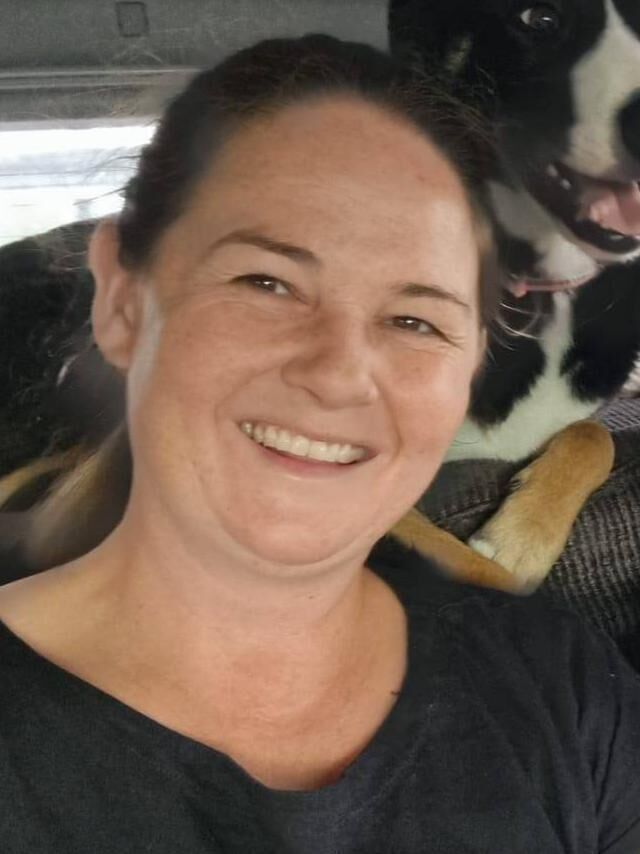
Oracle’s entanglement with Israel is not incidental.
Chairman Larry Ellison is one of the wealthiest men alive.
In 2017 he donated $16.6m to the Friends of the Israel Defense Forces (FIDF), the largest single gift the organisation had ever received.
Ellison has supported Israeli causes for decades, including projects in the border town of Sderot.
Catz herself, born in Israel, has hosted Benjamin Netanyahu and spoken frequently about Oracle’s commitment.
When the company opened a data centre in Jerusalem in 2021, she boasted that its servers were buried underground to withstand rocket fire.
For Carney, these were not neutral business decisions. They were statements of loyalty.
“Oracle isn’t just selling cloud services,” she insists. “It’s positioning itself as a strategic partner of the Israeli state, including its military.”
Carney is quick to point out that Oracle is not alone.
Ireland, she argues, is now a European hub for corporations complicit in Israel’s actions. Google, Amazon, Intel, Hewlett Packard, Meta, Apple, Cisco, Dell EMC - nearly all have their European headquarters here.
According to the Boycott, Divestment and Sanctions (BDS) movement, 90% of the tech firms on its boycott list are based in Ireland.
“These companies aren’t passive bystanders,” Carney says.
“They’re providing the software that powers AI-driven weapons, the cloud networks that host them, the algorithms that suppress coverage of war crimes, the hardware used by the Israeli military and air force. Some even reward Israeli soldiers with full pay and perks while they serve. It’s direct material support.”
Trade figures reinforce her point. In 2024, Ireland exported over $1bn worth of electronic equipment to Israel — 70% of all Irish exports to the country. Much of it consisted of circuits and micro-assemblies from Intel, which employs almost 5,000 people here.
“We like to think of ourselves as neutral,” Carney says. “But neutrality is a myth when your economy is stitched so tightly into the machinery of occupation.”
Inside Oracle, Carney tried to resist. Alongside colleagues, she formed 'Oracle Employees for Palestine,' seeking to raise awareness and press for change.
They wrote to HR, appealed to ethics committees, reached out to diversity and inclusion groups. Every avenue hit a wall.
“We were brushed off, stonewalled, or gaslit,” she recalls.
“At one point the insinuation was that maybe there was something wrong with our mental health. But the message was clear: Don’t rock the boat.”
For a time, she considered staying, believing she could balance her advocacy with her professional life. But the contradiction gnawed at her.
Carney insists this is not just Oracle’s problem, nor Ireland’s.
Across the industry, cracks are beginning to show.
Intel employees recently filed a Shareholders’ Proposal urging the company to avoid complicity in human rights abuses, citing its obligations under UN guidelines.
Microsoft staff are pursuing similar resolutions.
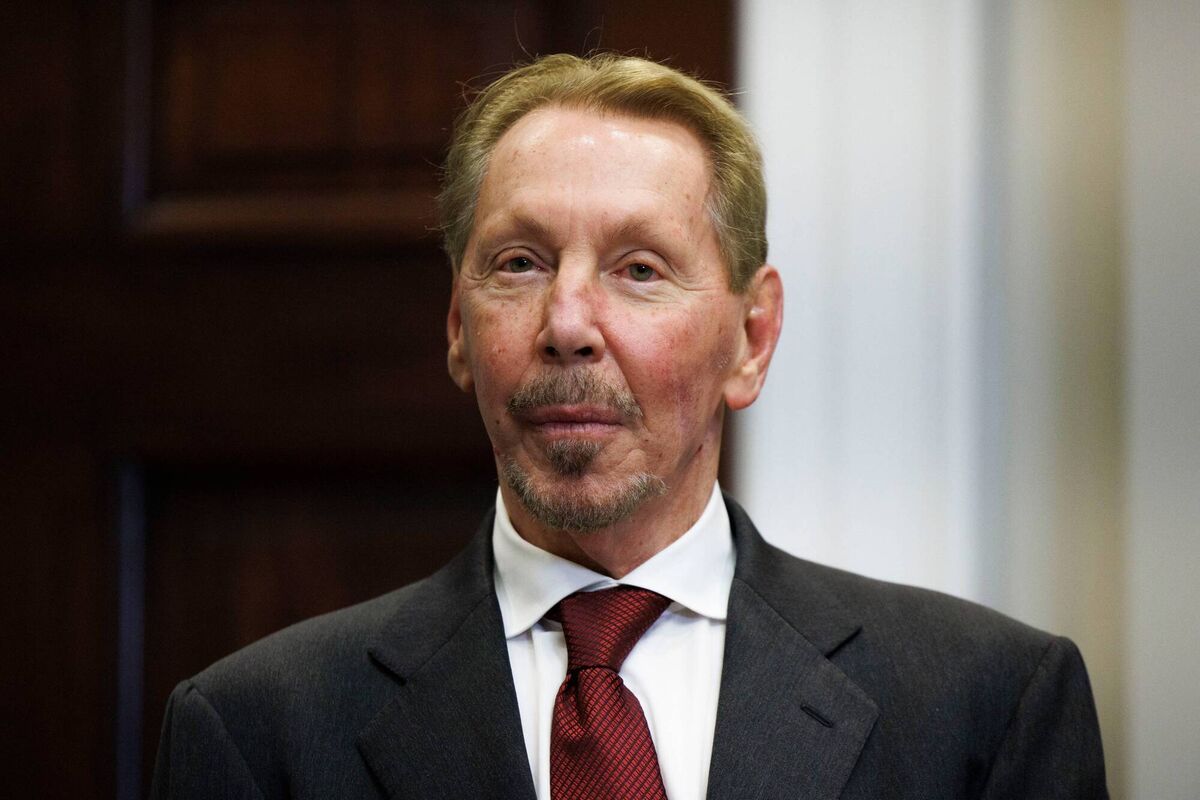
“These are small groups of regular employees standing up inside multinationals,” Carney says.
“They remind us that change doesn’t start at the top. It starts with workers saying: not in my name.”
She draws attention to boardroom conflicts of interest: A Google director sitting on the board of Lockheed Martin, IBM’s chairman tied to Northrop Grumman, Oracle’s CEO on the US Homeland Security Advisory Council.
“These are not impartial actors,” she says. “They are intertwined with the very industries that profit from war.”
Walking away was wrenching. Carney had built an admirable career at Oracle, rising through the ranks, mentoring younger colleagues. She loved the work. She loved the people.
“But there comes a point where your job and your conscience collide,” she reflects.
“I remember sending an email directly to Safra, pleading with her to offer some balance in what she was publicly saying. Post something about Palestine. From a mother to a mother. I felt someone in her position might have a bit of influence.”
A day later, she got her response, not from Catz, but from Oracle HR.
“I got a phone call from HR suggesting I should go out sick because I’d mentioned feeling distressed by everything that was going on.”
Instead of unsettling or dissuading Carney from speaking out, she probed further.
It motivated Carney to look deeper across the 130,000 Oracle employees to find people who were feeling the same as she was. A trickle became a stream.
The conversations with her husband about resigning began and became more frequent.
Eventually, she resigned, and along with her husband, three-year-old daughter and dog, decided to relocate to Portugal.
“We caught the ferry last Thursday in our camper van. We were looking for some land where we could be self-sustainable and grow our own vegetables and have our few chickens and goats.”
Carney is quick to point out, while the decision to leave Oracle was a moral one, leaving Ireland was more borne out of a practical necessity that aligned with their desired lifestyle — simple, sustainable and off-line.
“Where we are living, very few people can speak English or want to speak English so the onus is on us to integrate. It’s exciting.”
Whatever cost she felt following her resignation was marinated more in guilt about leaving her colleagues behind, not the financial penalty.
“I did feel like I was abandoning my team, and all the other people in the Oracle for Palestine Group. But ultimately I felt that I was no longer doing any good there."
Carney does not expect everyone to follow her out the door.
“Not everyone can afford to quit,” she acknowledges.
“Mortgages, kids, bills it’s not realistic for everyone. But that doesn’t mean you have to stay silent.”
She urges tech workers to start small: Put out feelers, find like-minded colleagues, build advocacy groups.
“Once you open that door, you’ll be surprised how quickly support grows. Not many people actually want to be part of a genocide.
“Even since I quit, the amount of people who reached out from inside the company saying they agreed with me, but were too afraid or too unsure of themselves to speak out. They were very supportive, and that was reassuring.”
For students, she advises careful research before joining the industry. “Look into your prospective employer. Are they supplying militaries? Are they on the BDS list? Don’t start your career on unethical ground.”
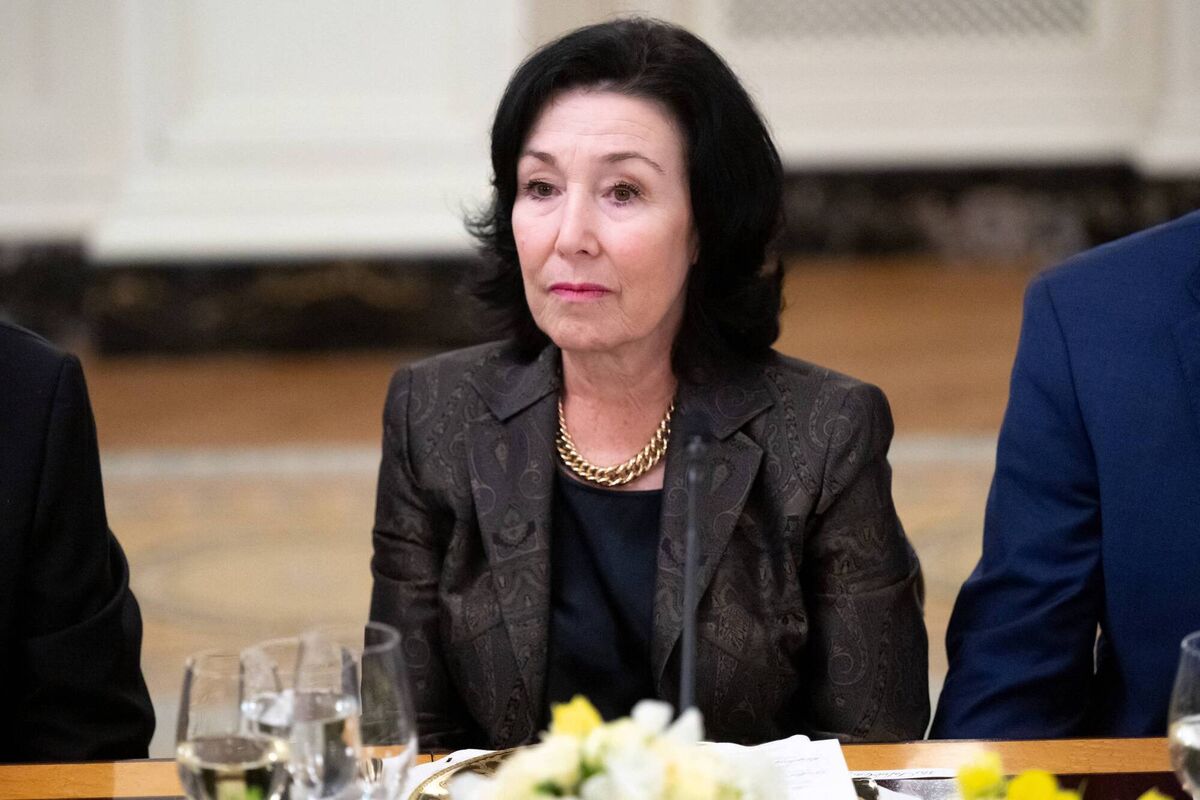
And for consumers: “Don’t feed the beast. You don’t have to default to Google or Meta. There are alternatives. It may mean a little less convenience, but it’s worth it not to have your data and money tied to companies enabling atrocities.”
Carney finds hope in the growing constellation of grassroots groups. Tech for Palestine, Tech Divestment Network, Entrepreneurs for Palestine, No Tech for Apartheid Ireland — all are gaining traction, connecting developers, founders, and investors determined to resist corporate complicity.
“These groups rarely make headlines because our media is compromised,” she says. “But they’re out there, growing stronger every day. They prove there’s another way for this industry to exist — one rooted in humanity rather than profit.”
For Carney, the Irish angle is unavoidable. “We, of all nations, should understand. We know what colonisation feels like. We know displacement, silence, suppression. And yet our little island has become the European hub for companies enabling an apartheid system. That should shame us.”
She cites the $1bn in Irish tech exports to Israel as evidence of complicity.
Ultimately, her decision was about legacy.
“I did this for my children and grandchildren. I wanted them to know I didn’t stay silent while families were bombed in their beds. That I didn’t choose comfort over conscience.”
Her voice hardens. “History is watching us. And silence, too, is a choice.”
After climbing the ladder so steadily at first, then rapidly, Joanne Carney could have stayed the course — enjoyed her salary, her status, her pension. Instead, she chose the narrow road, the one that cost her dearly. Whether others will follow her lead remains uncertain. But she has no regrets.
“I’m at peace with it,” she says, preparing for her move to Portugal. “Because at least now I know my labour, my time, my energy aren’t being used to prop up a system of violence. That matters more than money.”




